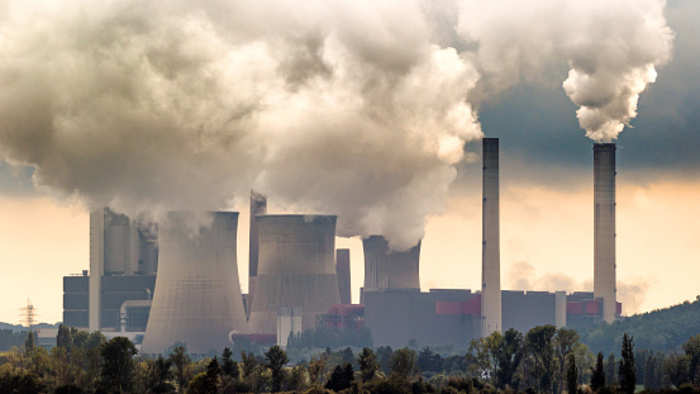Shahnaj Begum : The government is set to announce a climate friendly power generation policy in ‘Mujib Barsha’ through scrapping its plan to produce power from 13 coal-based projects having a total capacity of generating 13,000 megawatts of electricity.
“Bangladesh has decided to reduce carbon emissions from transport, power, and industrial sectors down to 5 per cent by 2030 (as Paris Agreement in which Bangladesh is a signatory), however, our Prime Minister is committed to implement it,” State Minister for Power, Energy and Mineral Resources Nasrul Hamid said on Sunday to a small group of reporters who met him at his office.
Bangladesh emits relatively little amount of the greenhouse gases, although we do not have any international obligation for climate change mitigation as per ‘common but differentiated responsibilities’ principle under UNFCCC, we are taking measures to show solidarity with the international community, he said.
He said that the Ministry of Power, Energy and Mineral Resources has taken up a massive plan in power and energy sector along with its plan to ensure 100 per cent electricity coverage in grid areas by December 2020 and in off-grid areas by June 2021.
In line with this idea, government has decided to discontinue some contracts of coal-fired power projects to stop risky investment in power generation and protect environment from the ‘dirty fuel.’
“We had a meeting on the issue, however, we are taking more time as we need to make a very clear ‘position paper’ on it which would be sent to the Prime Minister Office (PMO),” Power Division Secretary Md Habibur Rahman told this correspondent on Sunday.
He said they will sit with the PMO first then finalise the position paper.
If the proposed coal-fired power plants start operations, then Bangladesh will release an additional 115 million tonnes of carbon dioxide (CO2) annually in the atmosphere.
“Those projects are in a bad shape or did nominal jobs and we are to stop them first,” a senior official of the Power Division said.
“The government is taking many projects which are against the Paris Agreement and a major obstacle to attain the sustainable development goals (SDG) fully. Finally, we could be able to give them an understanding that these are bad projects and bad investment,” a senior official of the Power division said.
The Institute of Energy Economics and Financial Analysis, a reputed international energy research organization, said Bangladesh’s current master plan to increase power-generating capacity, that accommodates increasing dependence on expensive, imported coal and LNG, puts it on course for even deeper financial stress emanating from the power sector and percolating through the entire economy, similar to the strains already being felt amid the Covid-19 pandemic in some other countries as well.
Power, Energy and Mineral Resources is seeking the prime minister’s approval to convert 13 large coal power projects into clean liquefied natural gas (LNG) based plants.
As this policy advocates for a 35 per cent coal power in the total energy mix, the government awarded 18 coal-based power projects to different public, private and state-owned joint venture companies.
“We will be able to switch on lights in all households by “Mujib Barsha” (Mujib Year), marking the birth centenary of Father of the Nation Bangabandhu Sheikh Mujibur Rahman,” Nasrul Hamid said.
He said around 46,000 Solar Home System (SHS) would be installed at Chattagram Hill Tracks (CHT) by June. The State Minister said that the government is working hard to develop inclusive power system for all through enhancing capacity.
He said since assuming power, the present government constructed 111 new power plants having generation capacity of 18,606 MW in the last 11 years after taking time-befitting, realistic and sustainable steps.
Nasrul Hamid said currently the country’s power generation capacity reached 23,548 MW while about 98 per cent people of the country were brought under power coverage.
“The number of electricity consumers increased 3.87 crore and per capita power generation reached 512 Kwh, which was only 220 in 2009,” Power Division data said.

